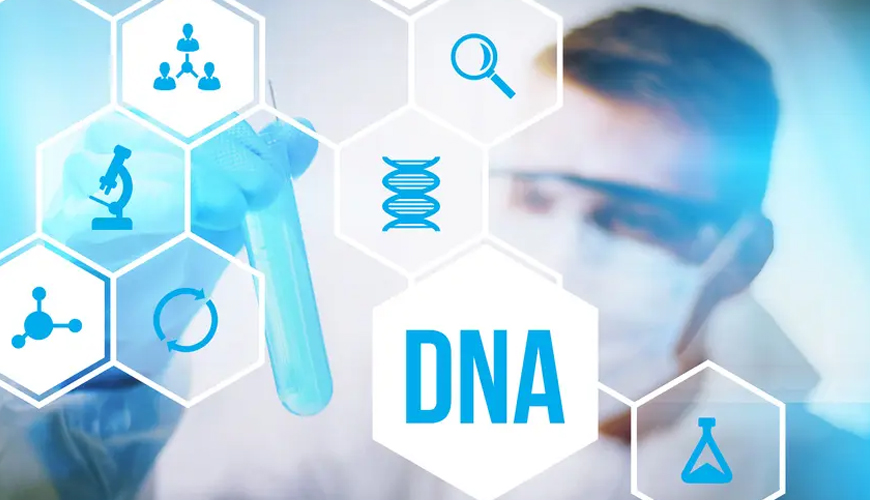
DNA profiling (also called DNA fingerprinting, DNA testing, or DNA typing) is a forensic technique used to identify individuals by characteristics of their DNA. A DNA profile is a small set of DNA variations that is very likely to be different in all unrelated individuals, thereby being as unique to individuals as are fingerprints. The use of biological evidence in DNA and genetic analysis varies, with areas of study including blood typing, gender determination based on chromosome analysis. DNA has been successfully utilized in criminal cases, disaster victim identification and paternity testing to name a few. However despite their merits, DNA fingerprints are not ideally used as the sole piece of evidence in a case, and in certain countries, such as the United Kingdom, DNA fingerprints must be presented in conjunction with other evidence.
We offer services for-
A paternity test establishes genetic proof whether a man is the biological father of an individual. Tests can also determine the likelihood of someone being a biological grandparent to a grandchild in missing parental cases(if either of the parents is missing, to establish the relationship with grandparents). The current techniques for paternity testing are using polymerase chain reaction (PCR) and restriction fragment length polymorphism (RFLP).
DNA maternity testing determines the biological mother-child relationship. The DNA maternity test is useful for individuals who need to determine maternity in various situations like IVF, Adoption Reunification, Hospital mix ups. You have two choices for DNA maternity testing: legal and private. If you require the results of the DNA maternity test for use in court, you must attend an appointment for chain of custody sample collection to ensure court admissibility. However, if you require the results of the test for your own knowledge or to help you to decide what step to take next, the private home DNA maternity test would be the best choice for you because it is fast, discreet, and just as accurate as the legal test.
Finding out for sure if a twin is fraternal or identical is called zygosity determination by (1) Similarity Method (2) Placenta Method (3)Blood Testing (4) DNA fingerprinting. Twin zygosity determinations are performed on prenatal samples to enable physicians to carry out medical intervention on select fetus (es). A cousin DNA test seeks to establish whether first degree cousins are biologically related. Tests are done to establish the sibling ship also (brother/sister relationship) there are other types of evidence such as a birth certificate, these kinds of evidence may not be readily available. As such, DNA testing for immigration fills the gap.
This test is a way for those with an absent parent. The test can prove maternity or paternity for a child through comparing DNA with Grandparents. The test is done with the child, the child’s mother and the alleged Grandparents. Generally the mother’s sample is used to eliminating her contribution to the child’s DNA profile. The test however can be performed without a collected sample from the mother. In cases where the mother is the missing parent, the collected samples would be simply between the child and the maternal Grandparents.
DNA cousin test is performed; the DNA laboratory examines the DNA of the alleged Cousin and then compares them to generate a Cousin index. The DNA cousin test is the least powerful relationship test and should only be considered if the parents, aunts, uncles, siblings, grandparents, are all not available for testing and the only option is to test cousins. Whenever possible, the DNA Paternity test, Grand parentage test, sibling test, or aunt/uncle test should be used instead of the DNA cousin test.